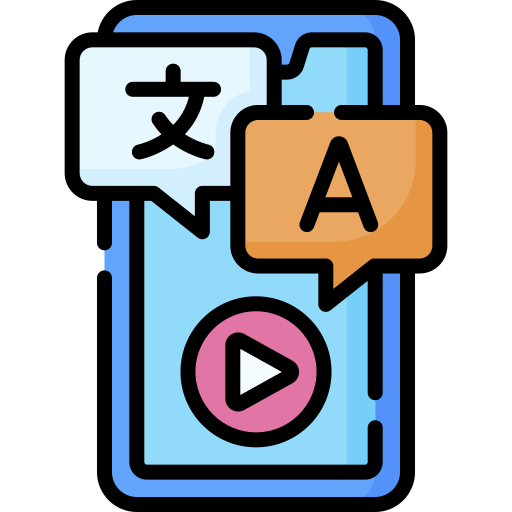Julia wants to learn English. She signs up for a class — and they tell her she’s in the “A1 level.” Huh? What does that even mean?

They explain it’s the first level in something called the CEFR, a system that helps people know how good they are at a language. A1 means you're just starting out — but there's more to it than that.
So, what can you actually do in English the A1 level? And how can you improve? Let’s find out!
What is the CEFR?
The Common European Framework of Reference for Languages is a popular way to describe language skills and it’s now used all over the world — especially for languages like English.
Other similar frameworks include ACTFL (USA), CLB (Canada), and ILR (USA). It’s not tied to any one test, but most language exams show how their scores match up with CEFR levels.
How does the A1 level work?
This level is elementary, so you're expected to:
Introduce yourself and other people
Ask and answer questions about personal details
Use everyday expressions
Communicate in a simple way

Ok but how?
You'll be evaluated through 4 skills:
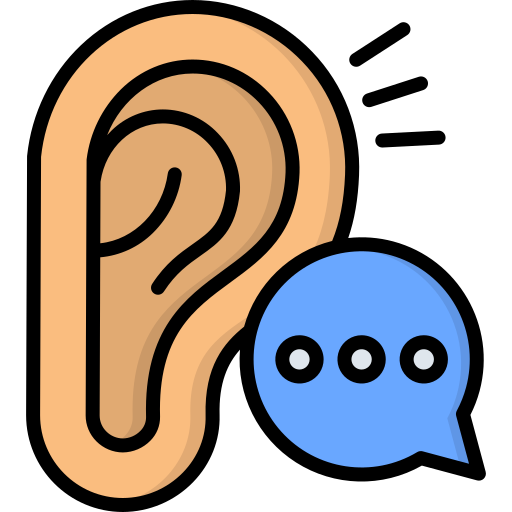
Listening: understand simple words and phrases about yourself, family, and everyday life.

Reading: read short texts and sentences using familiar, everyday vocabulary.
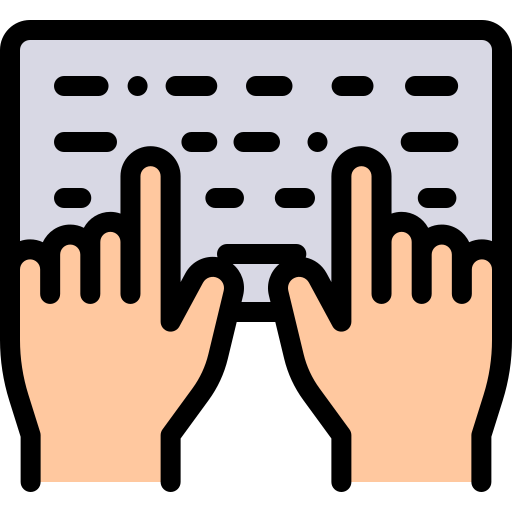
Writing: write short messages like postcards and fill in forms with basic personal information.
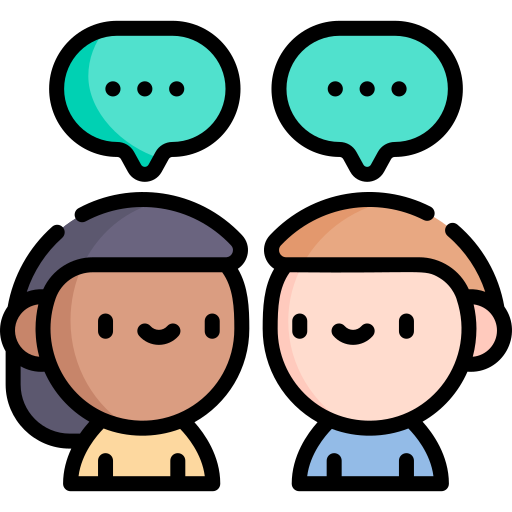
Speaking: Talk about yourself, where you live, and people you know using simple sentences.
What you should study
Everyday vocabulary:
Days of the week and months
Numbers and prices
Countries and nationalities
Colours
Personal possessions
Parts of the body
Family and friends
Food and drinks
Household rooms and objects
Clothes
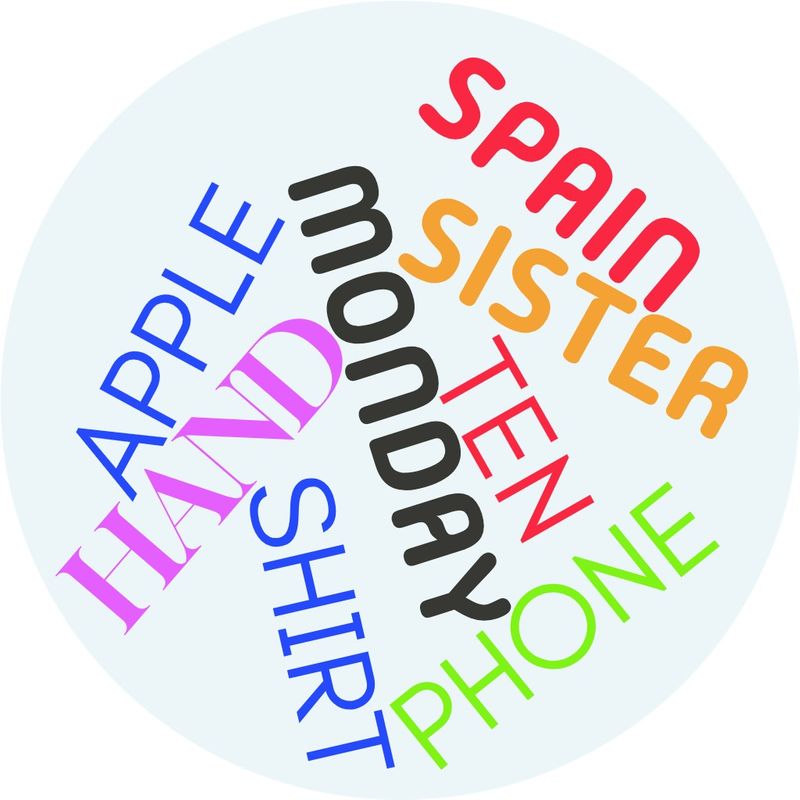

Communication functions:
Exchanging greetings
Giving personal information
Asking for, and telling the time
Describing people
Giving information about objects
Describing places
Describing habits and routines
Expressing likes and dislikes
Describing simple actions
Grammar
Questions words
Possessive adjectives and
pronouns
Present simple
There is/There are
Imperatives
Present continuous
Prepositions of place
Modals: can, can’t, do, doesn’t
Simple adjectives
Comparatives and superlatives

Quiz: What is Julia learning?
Julia is practicing speaking about parts of the body and wants to improve her vocabulary. She can...
A. Describe how the human digestive system works.
B. Simply describing body parts like head, arms, and legs.
C. Use medical terms like “ligament” and “tendon”.
D. Give a presentation about how to stay physically fit.
Quiz
Julia can...
Tips that really help

Practice like it’s a real exam. Find sample exams and pretend you're actually taking them. Set a timer and make sure there are no distractions. This helps you learn how to manage time and see what you need to work on.
Create flashcards either on paper or use an app like Quizlet. It's super helpful for remembering vocab and verbs.
Practice speaking with friends and family who speak English.
Read in English. These short stories are a good example.
Listen to English through podcasts or YouTube. Even just 5–10 minutes a day helps your ears get used to the language.
Useful resources for you
Take Action

Your feedback matters to us.
This Byte helped me better understand the topic.

